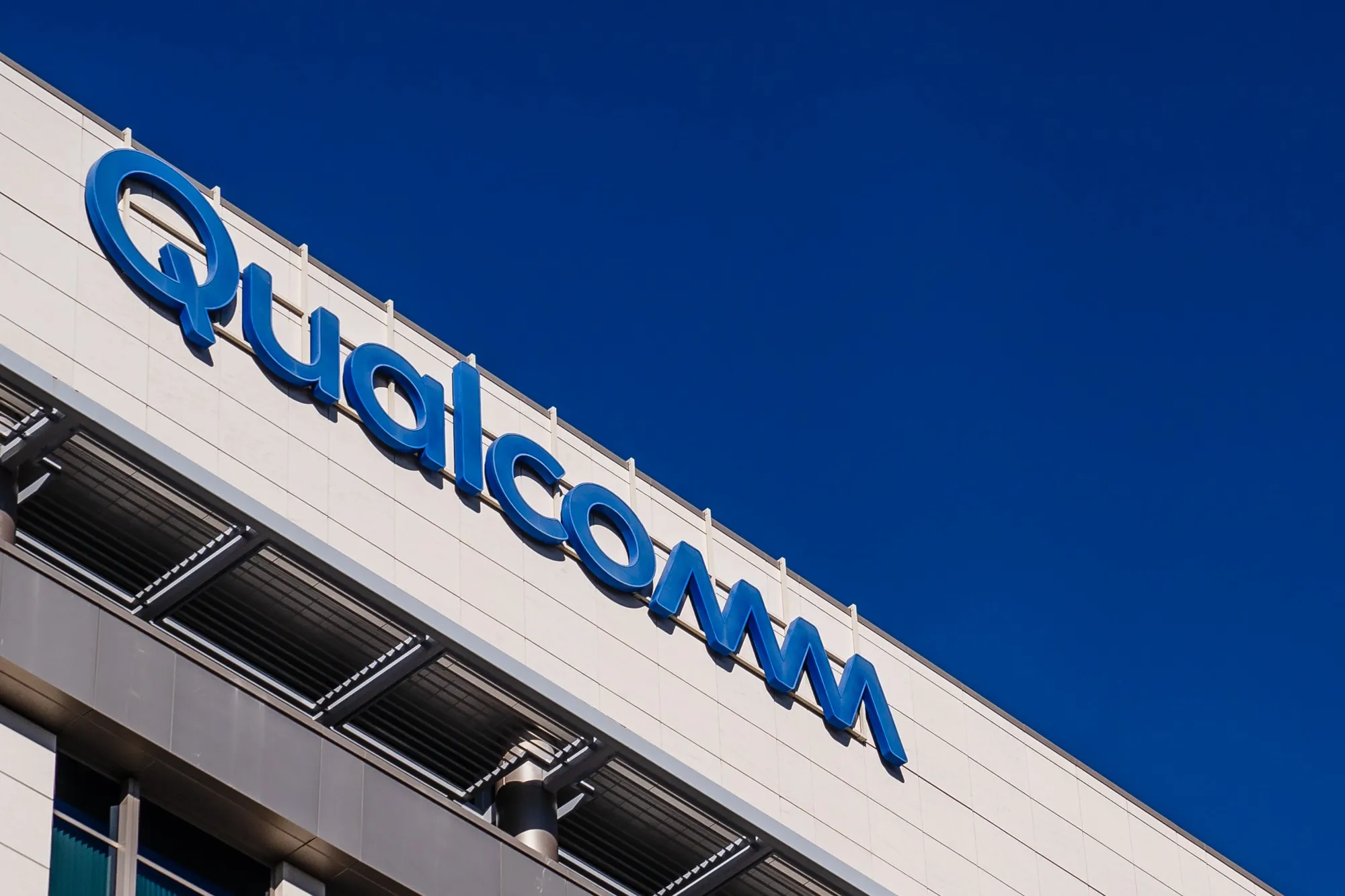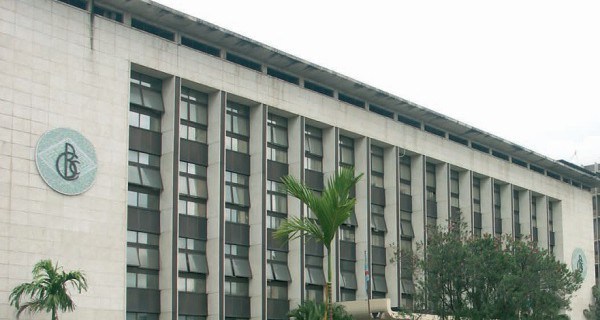What Beijing’s Antitrust Push Means for Emerging Markets
China’s probe into Qualcomm [NASDAQ:QCOM] over its USD 350 m Autotalks deal signals a power shift in global regulation. For Africa, it mirrors the rise of enforcement sovereignty as developing economies redefine who sets the rules of global markets.

China’s State Administration for Market Regulation (SAMR) has opened an antitrust investigation into Qualcomm Inc. [NASDAQ:QCOM] over its 2023 acquisition of Israeli auto-chip maker Autotalks. The regulator argues that the transaction, valued at around USD 350 million, may have required prior approval under the country’s Anti-Monopoly Law, which covers any merger or acquisition that could materially affect competition in the Chinese market. Qualcomm, which has confirmed receiving inquiries from SAMR, says it is cooperating with authorities.
At face value, the case is a merger-control issue. Yet for observers across the Global South, it represents something larger—the steady relocation of regulatory power away from Washington and Brussels toward jurisdictions that once operated mainly as rule-takers. The ability of a non-Western authority to scrutinize a U.S. multinational in a strategic sector signals the growing institutional confidence of emerging markets to enforce their own standards.
Qualcomm’s business illustrates why the case matters. The company reported USD 36.3 billion in revenue for fiscal 2024 and derives more than half its sales from Asia, with China its largest handset-chip market. Autotalks designs vehicle-to-everything (V2X) communication chips used in connected and autonomous cars—technology Beijing regards as critical to its electric-vehicle and smart-mobility industries. By asserting jurisdiction, SAMR is not simply defending procedural compliance; it is asserting the right to regulate technologies central to its industrial policy.
Africa has confronted similar questions of jurisdictional authority, though on a different scale. Nigeria’s Federal Inland Revenue Service pursued a USD 1.9 billion tax claim against MTN Group [JSE:MTN] in 2019. Kenya’s Competition Authority and Revenue Authority have both investigated Safaricom [NSE:SCOM] and Stanbic Bank [NRB:SBIC] over market-conduct and customs issues. In South Africa, the R4.8 billion lawsuit by the South African Revenue Service against Sasfin Bank [JSE:SFS] has become a domestic test of fiscal enforcement limits. Each case reflects a broader attempt by developing economies to use legal institutions—not just fiscal or monetary tools—to assert sovereignty within asymmetrical global systems.
Qualcomm’s exposure makes the Chinese case economically significant. As of October 2025, QCOM shares trade near USD 166, giving the company a market capitalization around USD 220 billion. China remains its largest single market for smartphone chipsets, meaning that regulatory friction there carries operational weight. Under amendments to China’s Anti-Monopoly Law, penalties can reach up to 10 percent of a company’s prior-year domestic revenue. Even if fines remain modest, delays or conditions on future acquisitions could complicate Qualcomm’s broader automotive-chip ambitions.
For Africa’s regulators and policymakers, SAMR’s assertiveness offers a mirror rather than a model. It demonstrates that credible enforcement capacity—not rhetoric about investment climate—defines economic independence. African institutions frequently depend on external arbitration or donor conditionalities when disputes arise; the Chinese case shows that sovereignty today is exercised through procedural enforcement. A country that can summon a global corporation to comply with its own competition law commands respect in trade and investment negotiations.
The global-market reaction has been measured. Qualcomm’s share price eased slightly following Chinese media reports, and analysts note that investigations of this kind seldom produce heavy penalties. Yet the broader message to multinationals is unmistakable: regulatory sovereignty in emerging markets is no longer theoretical. It is being practiced, case by case, in ways that affect valuation, deal structuring, and risk premiums.
For Africa, where the debate over resource governance and digital taxation continues, China’s posture reinforces a principle rather than a policy. Regulatory credibility can be built in the South and exercised on the North’s corporate champions. The Qualcomm probe underlines that the new global contest is not only about production or trade but about the authority to interpret and enforce rules.
Whether SAMR ultimately fines Qualcomm or closes the case quietly matters less than the precedent it sets. A Southern regulator has asserted jurisdiction over a Northern multinational in a strategic industry—and the world’s capital markets have had to pay attention. From Lagos to Nairobi to Pretoria, that fact resonates: enforcement, not dependency, now defines influence in the emerging global order.





